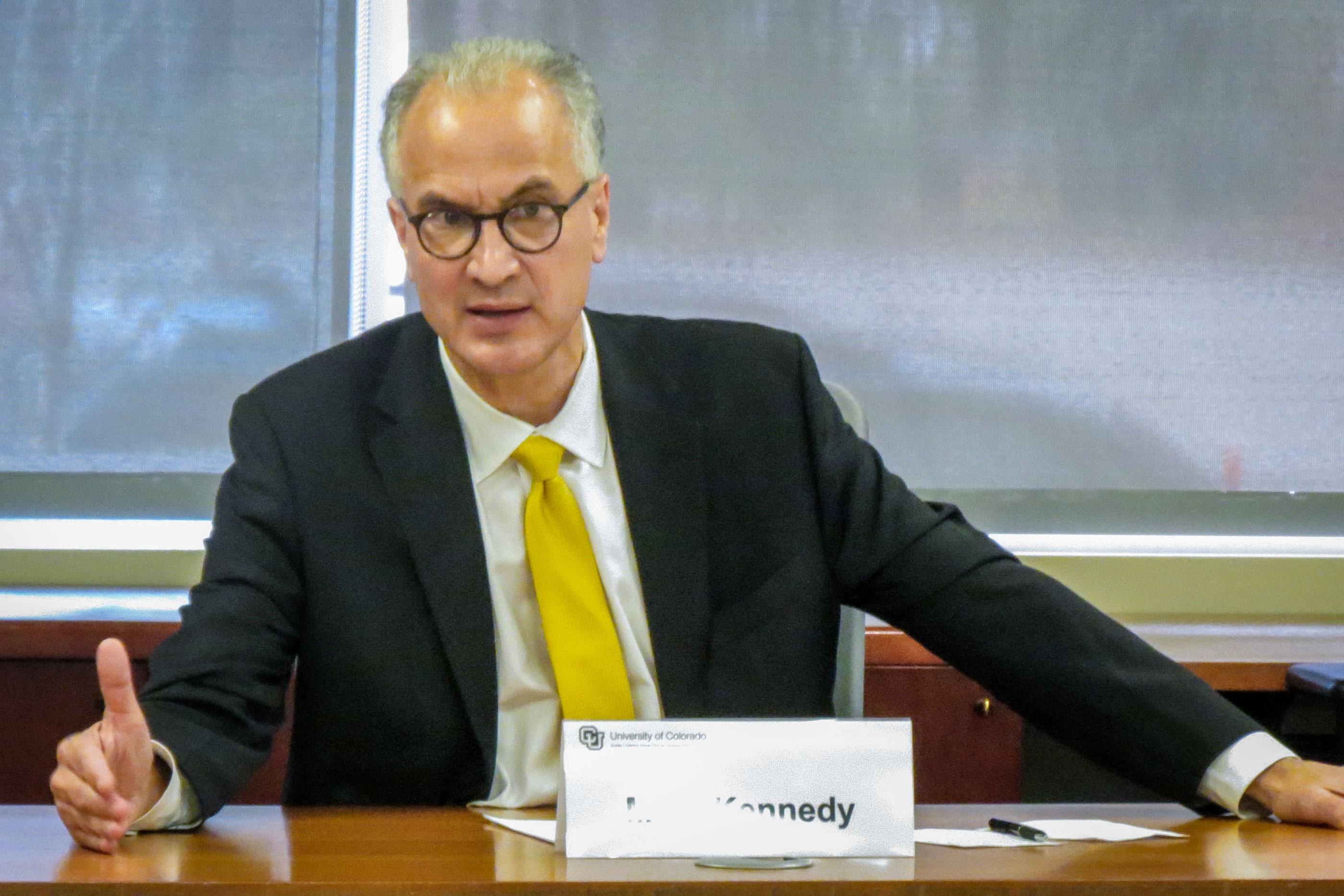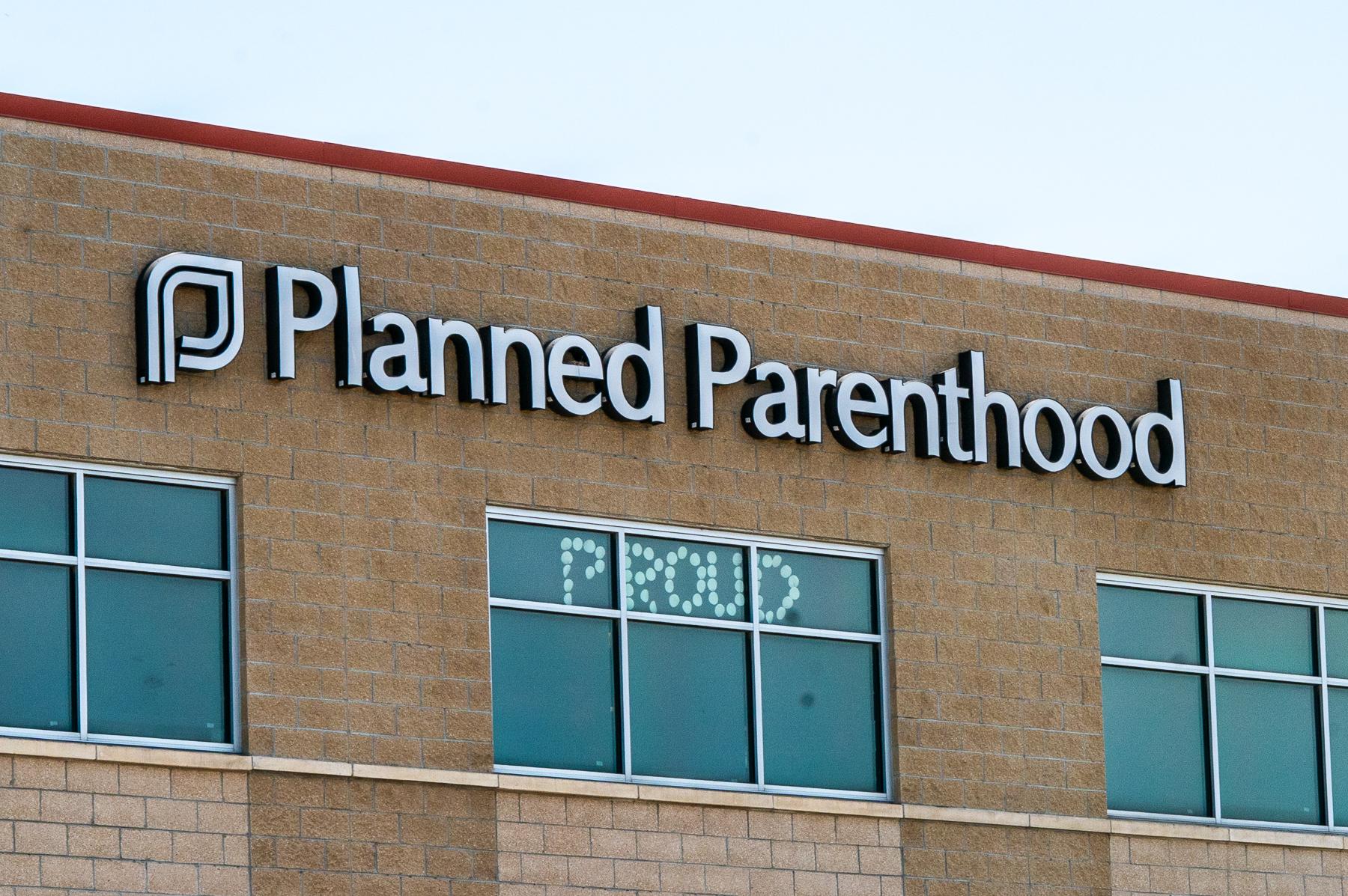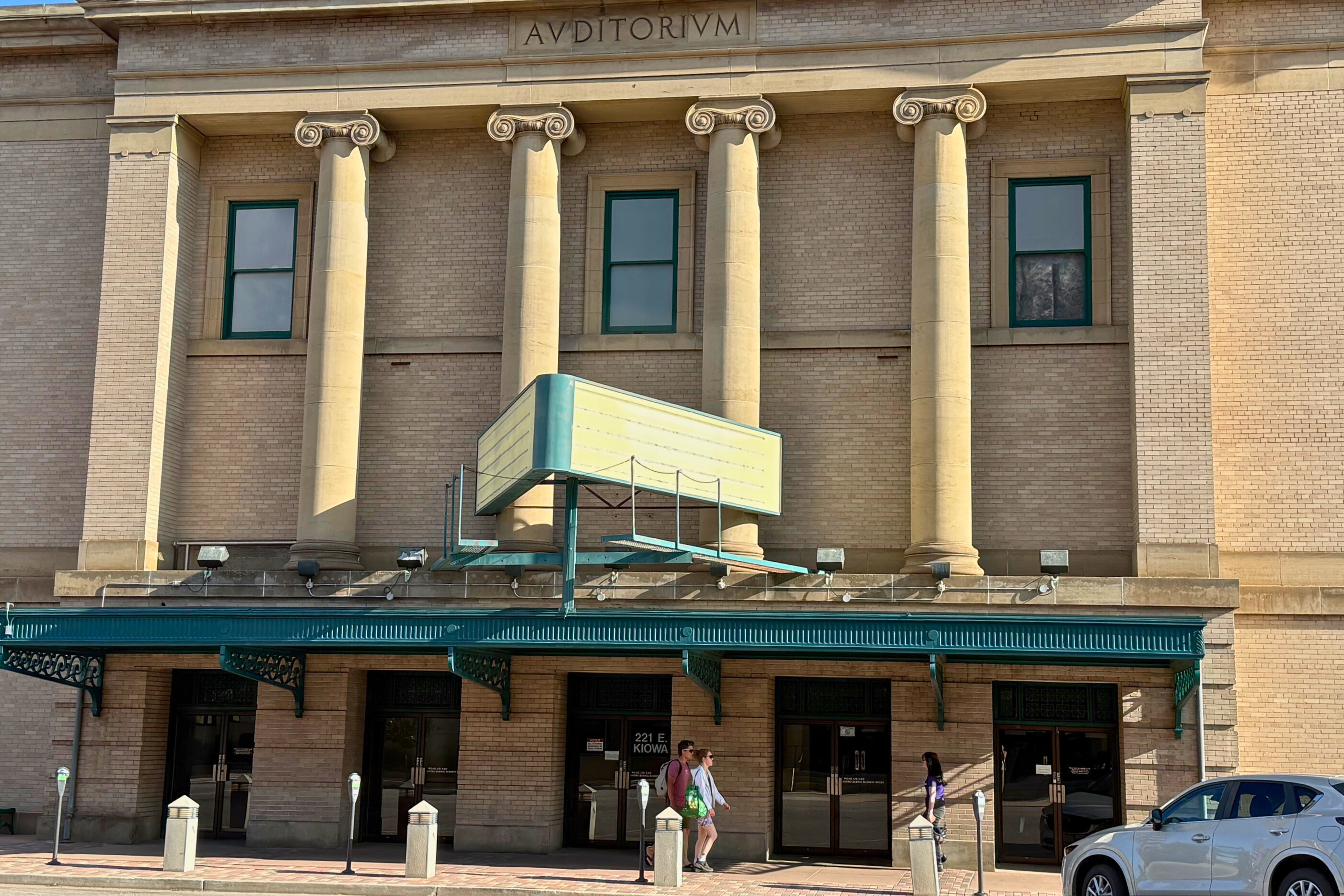

University of Colorado presidential candidate Mark Kennedy faced tough questions in his first meeting with faculty members from CU’s four campuses.
Kennedy, the current president of the University of North Dakota, was named the sole finalist to replace Bruce Benson as the head of the University of Colorado system. Benson, president since 2008, will retire in July.
Since the Board of Regents announced Kennedy as their sole finalist in April, he’s gotten pushback from some students and faculty for his political stances from more than a decade ago as a Minnesota congressman.
The mood was tense from the minute Kennedy walked into CU’s Faculty Council meeting. The questions about his support for the liberal arts, fundraising, DACA students, his strategic initiatives and how he engages with faculty were pointed. Joanne Addison, chair of the University of Colorado Faculty Council, wasn’t shy about steering the longtime businessman and former Minnesota congressman back on course when Kennedy veered from a direct answer.
In contrast, Kennedy’s meeting with CU administrators and fundraisers was described as congenial.
North Dakota’s Challenges
CU Boulder Professor Robert Ferry told Kennedy that calls to faculty members in the liberal arts at the University of North Dakota revealed that they believed the university’s strong emphasis on a strategic plan called the Five Grand Challenges created a situation of “winners and losers.”
The challenges relate to research in energy development and environmental sustainability, opioid use disorders, virtual care delivery to reach rural and underserved populations, autonomous and unmanned aerial systems, and artificial intelligence and big data.
Ferry said UND faculty report that liberal arts had been “decimated” in the three years since Kennedy became president, and yet Kennedy “managed to find $10 million for an artificial intelligence lab.” He said UND faculty said the number of foreign languages offered went from six to two, one department was told the next five people to retire would not be replaced and anthropology and native studies were being “strangled.”
Kennedy responded that the Five Grand Challenges took money away from no one. He took over at a time of immense state budget cuts and acknowledged that there were university-wide effects.
“Yes, taking a 30 percent cut in budget is hard, but liberal arts was not impacted any differently than the others,” he said.
Kennedy said liberal arts should be involved in all of the Grand Challenges and they’re “encouraging all aspects of the university to find a way to plug in.” He said UND plans seed grants to connect soft sciences to hard sciences and plans training for liberal arts departments to help them understand “how they can attach to a hard science proposal.”
Another concern of CU staff was the number of UND professors who “repeatedly expressed fear of retribution,” Addison said. Faculty generally feel free to express their views at CU, she said. Kennedy said there are anti-reprisal policies at North Dakota and that he had “not had that regularly expressed to me as an issue on campus.”
Connecting With Stakeholders
Kennedy was pressed on a point in his mid-year review by UND Chancellor Mark Hagerott that encouraged him to work on his ability to connect, communicate and be attuned to donors and stakeholders.
Kennedy responded that each state has a unique personality and after discussing the matter with Hagerott, he understood he needed to have someone with deep North Dakota roots on his senior leadership team to respond to the state’s “sensibilities.”
Addison repeated the question about the evaluation critique about not connecting as well as he could with stakeholders.
“I’ve responded that I need to have advisors on my team,” Kennedy said. “They can help me make sure that if there something that there’s some sensitivities there that is unique to North Dakota that I may not perceive that I have that so that I am engaging better.”
Concern was also expressed about Kennedy’s fundraising record in North Dakota. CU Denver professor Peter Anthamatten said Kennedy’s fundraising totals went from $48.3 million in his first year to a current $33 million with two months left in the academic year.
“That stands in contrast in the impressive upward trajectory of CU president Bruce Benson when it comes to fundraising,” Anthamatten said.
Kennedy said the drop wasn’t a reflection of fundraising ability but more to the fact that in his second year there was the “distraction” of him being named a finalist for the president of the University of Central Florida, a post he didn’t get.
“It’s hard to fundraise when there’s those questions surrounding, which is why it’s, it’s important to have a president and a president stay for a long time,” he said.
Kennedy, who said he enjoys fundraising, said the university recently secured a $20 million commitment that would bring his fundraising total to $50 million.
Marginalized Students And Political Statements
Kennedy was asked about the so-called “Pomona letter,” a 2017 letter signed by more 700 college and university presidents that declared a “moral imperative” and a “national necessity” to uphold and expand the Deferred Action for Childhood Arrivals program.
In his answer, Kennedy initially wasn’t familiar with the “Pomona letter” but then said he “knew there was a letter on DACA, but we at the University of North Dakota don’t have many, if any, DACA students.”
He said that when engaging publicly on political pronouncements or reacting to statements by President Donald Trump, he looked first at the political and cultural sensibilities of North Dakota, which are different than Colorado sensibilities.
“So, what am I really doing by signing the letter and making it 701, is it really going to influence Trump or his actions?”
Kennedy said he supports DACA and would strongly support Colorado’s DACA students.
Similarly, assistant professor Lindsay Roberts asked Kennedy why he didn’t make statements to students and faculty after the Trump administration proposed changing the definition of gender. Some believe the move would weaken protections afforded to the LGBTQ community.
“If I made a statement every time President Trump or someone else made a statement I thought was negative to its university, I’d be making a lot of statements,” Kennedy said.
Faculty Council chair Joanne Addison said after the interview that faculty expressed a number of concerns but the council will wait to issue a statement until after all of Kennedy’s public forums conclude. Kennedy will appear in Colorado Springs Tuesday, visit the Anschutz campus on Wednesday, CU Denver on Thursday and Boulder on Friday. The CU Board of Regents is expected to vote on his hiring in early May.
Addison hopes Kennedy is better prepared to answer the questions than he was when he faced the faculty.
“We’re concerned about the things that he didn’t seem to know about his own university,” she said. “We’re concerned about his unwillingness to lead on diversity and inclusion issues” and his willingness to sway the “way the political winds are blowing.”
Mary Coussons-Read from UCCS said it’s a critical time for honest conversations about what Kennedy brings and doesn’t bring to the university.
“This is a very big organization and it’s a very complicated system to be part of,” she said.









